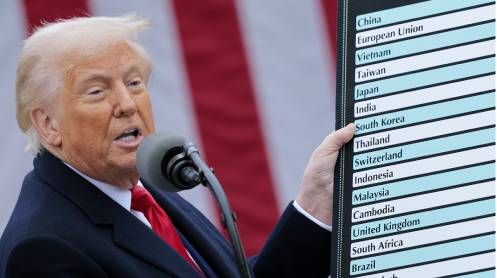The experts said this during a special meeting ‘Examining the future direction of the electricity market in Pakistan: The case of Competitive Trading Bilateral Contracts Market (CTBCM),’ held by Sustainable Development Policy Institute (SDPI).
Delivering his keynote speech, Dr Fiaz Ahmad Chaudhry, Werner-Von-Siemens Chair, LUMS Energy Institute (LEI), informed the participants about the design of the CTBCM model for Pakistan and how relevant stakeholders contributed to its implementation. He said the objective of introducing a wholesale electricity market in Pakistan is to improve the conditions for attracting investments based on credit covers provided by participants and to move away from sovereign guarantees.
Imtiaz Hussain Baloch, Director General, Licensing Department, National Electric Power Regulatory Authority (NEPRA), highlighted that through the introduction of CTBCM, Pakistan has introduced a framework for market reforms in the country. Starting from a very concentrated market of certain bulk power consumers, Pakistan will have a market and broad guidelines based on which it can evolve, he added.
Dr Vaqar Ahmed, Joint Executive Director, SDPI, asserted that the implementation of competitive markets would continue to require in-depth consultations between relevant stakeholders. “For market reforms in the energy sector, wheeling policies and CTBCM will play a major role in private sector engagement”, said Dr Vaqar adding that the process will require detailed orientation of the relevant governmental and private sector stakeholders.
Muhammad Faisal Sharif, Director (Projects Appraisal), Private Power and Infrastructure Board (PPIB), said that the PPIB will perform the role of independent auction administrator in the implementation of CTBCM.





